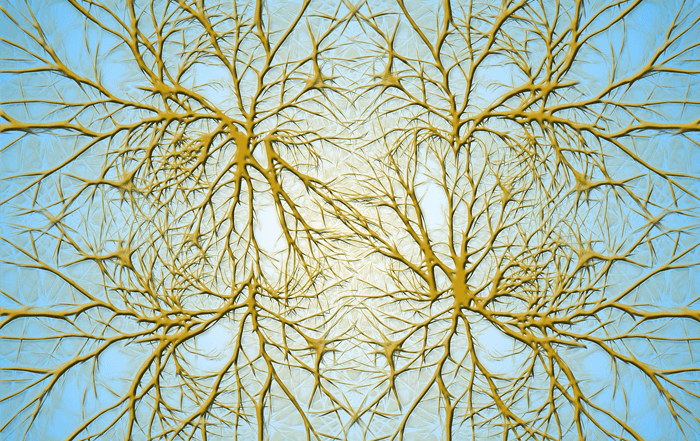Learn more about important changes to the Tetra trials from Dr. Liz Berry-Kravis
By Hilary Rosselot
Tetra Therapeutics, a Shionogi Group Company, is running trials on BPN14770 (zatolmilast) in adult and adolescent males with full mutation Fragile X syndrome.
Dr. Liz Berry-Kravis has some important updates to share about the Tetra trials that make participation easier! Read on to learn more.

In summary:
- All studies will now have remote visits. Onsite visits will be reduced from 6 visits to 4 in-person visits with the help of home nursing visits. Note: The nursing and travel services being implemented depending on institutional approval. Everyone is moving as quickly as possible!
- Participants will have access to fully coordinated travel services at no cost to families. All travel for onsite visits is paid for and scheduled by the travel service.
- Starting in January, the adolescent study age minimum will drop to 9 years-old, with a minimum weight of 55 pounds (25 kg).
- The open label extension study has been extended to 2 years. The total number of clinic visits has been reduced to 6 over the 2-year span, which includes the rollover visit on the same day the participant completes their initial study.
learn more
Learn more and contact a site near you by visiting the MyFXResearch post and completing the contact form at the bottom of the post: https://fragilex.org/opportunities-for-families/tetra-bpn14770/
Telehealth-Enabled Behavioral Treatment for Problem Behaviors in Boys With Fragile X Syndrome: A Randomized Controlled Trial
Dr. Hall and his team at Stanford University are learning about potential behavioral treatments for problem behaviors. Previous research suggests that problem behaviors, like aggression, self-injury, and property destruction, may occur at higher rates in individuals with FXS.
A Genotype-Phenotype Study of High-Resolution FMR1 Nucleic Acid and Protein Analyses in Fragile X Patients with Neurobehavioral Assessments
We know that FMRP is expressed throughout our body, including our blood, tissues, and brain. Levels of FMRP in the blood of patients with FXS have been positively correlated with cognitive performance, specifically intelligence quotient and adaptive behavior.
about

Hilary Rosselot
Hilary joined the NFXF team in 2019. Prior to joining the NFXF team, she worked at the Cincinnati Fragile X Research and Treatment Center for over five years. She has experience as a clinical research coordinator across many types of clinical trials and served as the clinical research manager for the Cincinnati program. She earned a bachelor’s degree in psychology, a master’s, and is a SOCRA certified clinical research professional (CCRP). She enjoys time with family and friends, a great book, a strong cup of coffee and, of course, a good laugh!



